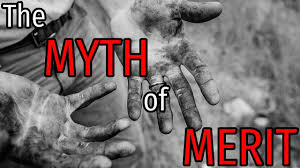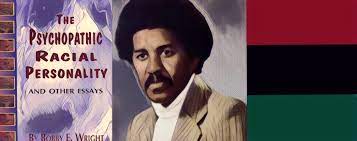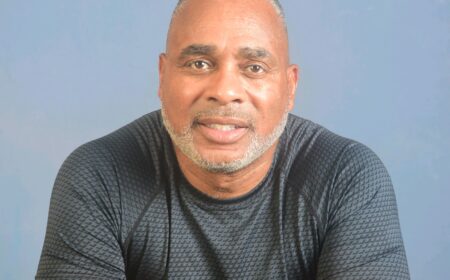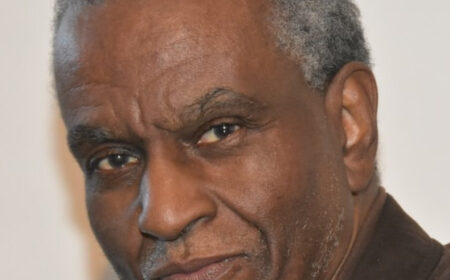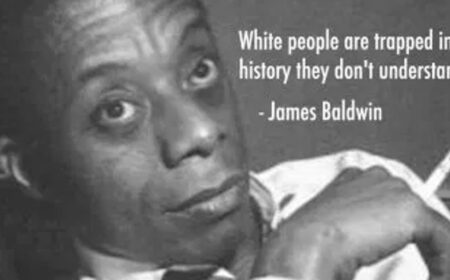Pope apologises for church’s role in Rwanda genocide
“REPARATIONS!! The Catholic Church played a huge role in organizing, benefiting, and giving their blessing, to European countries in the enslavement of our ancestors from the beginnings of the transatlantic slave trade.”
-E.Booker
Catholic church was accused of being close to Hutu-led government in 1994 when 800,000 mostly Tutsis were killed.
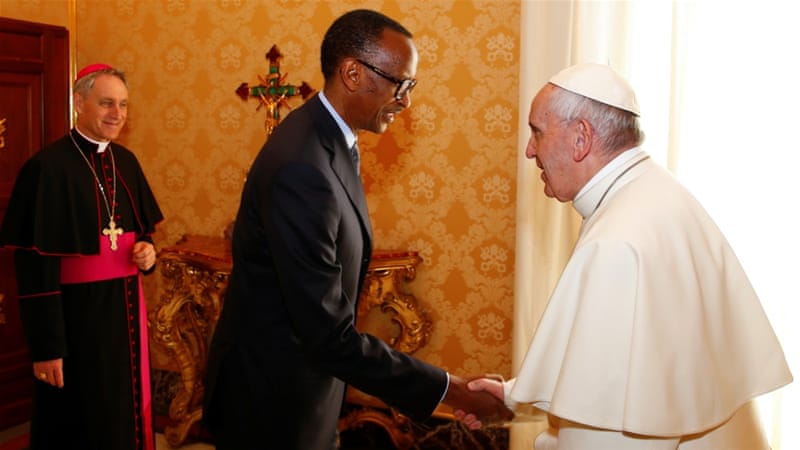

Pope Francis has pleaded for forgiveness for “the sins and failings of the Church and its members” implicated in the 1994 Rwanda genocide that killed about 800,000 people.
The pontiff “conveyed his profound sadness, and that of the Holy See and of the Church, for the genocide against the Tutsi”, the Vatican said in a statement following a meeting on Monday between Francis and Rwandan President Paul Kagame.
“He implored anew God’s forgiveness for the sins and failings of the Church and its members, among whom priests, and religious men and women who succumbed to hatred and violence, betraying their own evangelical mission,” it said.
A number of churches became scenes of mass killings during the 100-day rampage, as Hutu militiamen found people seeking refuge there, sometimes turned over by priests, with no way out.
Francis’ pardon plea followed a request from Rwanda in November for the Vatican to apologise for the church’s role in the massacres.
Since the genocide, whose victims were mostly from the Tutsi minority, the Catholic Church has been accused of being close to the Hutu government in power in 1994.
Francis, 80, said he hoped “this humble recognition of the failings of that period, which, unfortunately, disfigured the face of the church, may contribute to a ‘purification of memory'” and promote “renewed trust”.
Rwanda’s government indicated it felt the apology did not go far enough, saying the local church was still complicit in protecting the perpetrators of the genocide.
  |
| Pope Francis poses with Rwandan President Paul Kagame and his wife Jeannette during a private meeting at the Vatican on Monday [EPA] |
Convictions and acquittals
Several Catholic priests, as well as nuns and brothers, were charged with participating in the genocide and tried by the International Criminal Tribunal for Rwanda and by a Belgian court, leading to some convictions while others were acquitted.
The highest-ranking church official to be tried for genocide was the late bishop Augustin Misago, who was acquitted and freed from prison in June 2000.
During the 20th anniversary commemorations in April 2014, Kagame accused the Catholic Church of having “participated fully” in establishing the colonial ideology that created the divide between Hutus and Tutsis, which he claimed led to the genocide.
In November, a letter of apology signed by the bishops representing the nine dioceses in Rwanda was read in all churches.
But the Rwandan government said the local apology was not good enough considering the crimes committed.
Local Catholic Church leaders had resisted efforts by the government and survivors’ groups to acknowledge the church’s complicity in mass murder, saying those church officials who committed crimes acted individually.
About half of Rwandans are Catholic, but since the genocide, many have turned to pentecostal churches.
On Monday, the Rwandan government called Francis’ meeting with Kagame a “positive step forward”.
“Today’s meeting was characterised by a spirit of openness and mutual respect,” said Foreign Minister Louise Mushikiwabo. “It allows us to build a stronger base for restoring harmony between Rwandans and the Catholic Church.”
However, Mushikiwabo repeated charges that even before 1994, Catholic institutions helped divide Rwandans and “laid the intellectual foundation for genocide ideology”.
“Today, genocide denial and trivialisation continue to flourish in certain groups within the church and genocide suspects have been shielded from justice within Catholic institutions,” a statement said.
A UN court in 2006 jailed a former Catholic priest for 15 years for ordering bulldozers to level a church, killing 2,000 people who were hiding inside.
Rwandan authorities have said other clergy implicated in the killings were allowed to start new lives in Europe and were protected by the church.
To read more Click or Copy link below:
